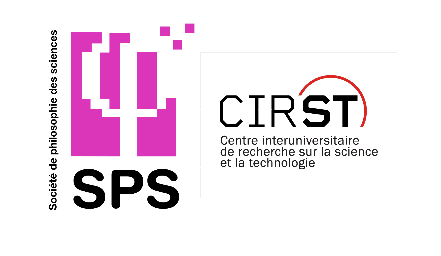Dealing with values in science: kinds, roles and/or procedures.
1 : Ghent University
In this paper, we inquire how the eternal tension between science and values has been tackled in philosophy of science by analysing three different strategies that have been used: (a) focussing on different kinds of values (e.g. epistemic vs. non-epistemic values) and allowing some of these kinds to be present in science (e.g. epistemic values); (b) stipulating the role values are allowed to play (e.g. an indirect, but not a direct role); and, (c) specifying a social procedure in order to deal with values in science. Recently, the distinction between the direct and indirect role values could play in science and expertise was elaborated extensively by Heather Douglas, allowing values to play an indirect role. We scrutinize Douglas' account and claim that identifying the different roles of values in science faces similar problems as earlier philosophical accounts distinguishing kinds of values, cf. epistemic and non-epistemic values (see, e.g., Kuhn, McMullin and Laudan). The problems discussed concern (1) interpreting, (2) weighing, (3) variety of, and (4) distinguishing the kinds/roles of values in science. Furthermore, we investigate whether some of these problems, rather than by the kinds-of-values-approach or Douglas' roles-of-values-approach, could be addressed by stipulating a social procedure in order to deal with values in science and expertise (e.g., Helen Longino's demand for critical interaction respecting the four CCE-norms would be example of such an approach), or, whether combining two or all three of the strategies would help us developing a satisfying account of values in science.


